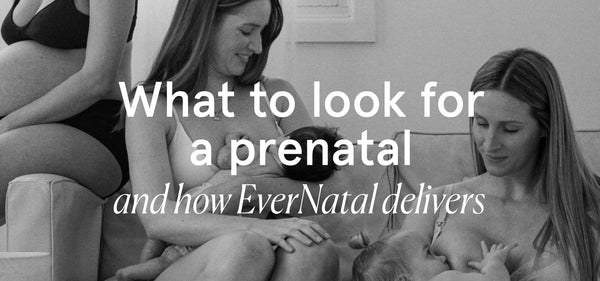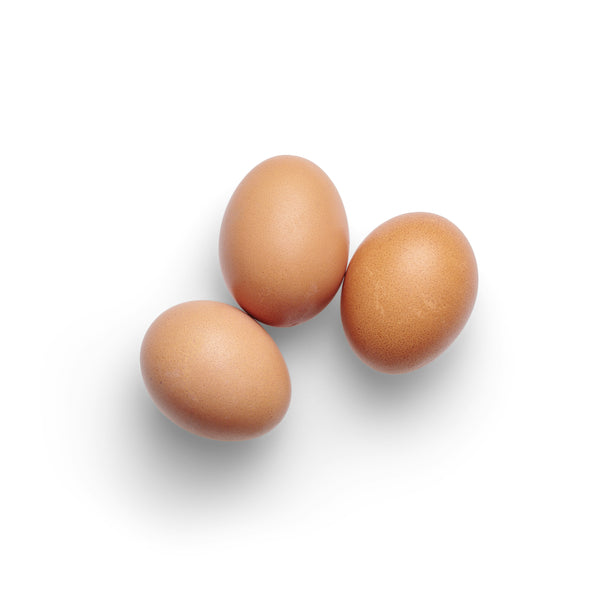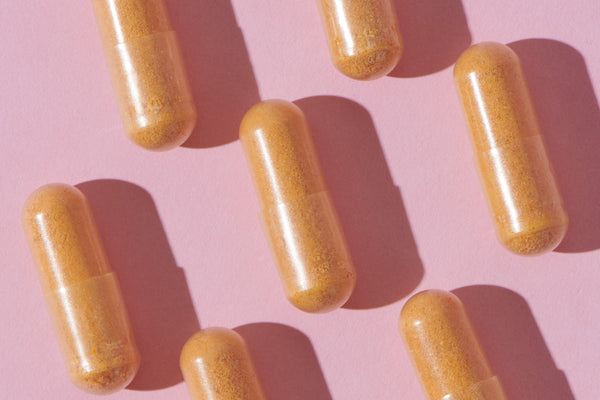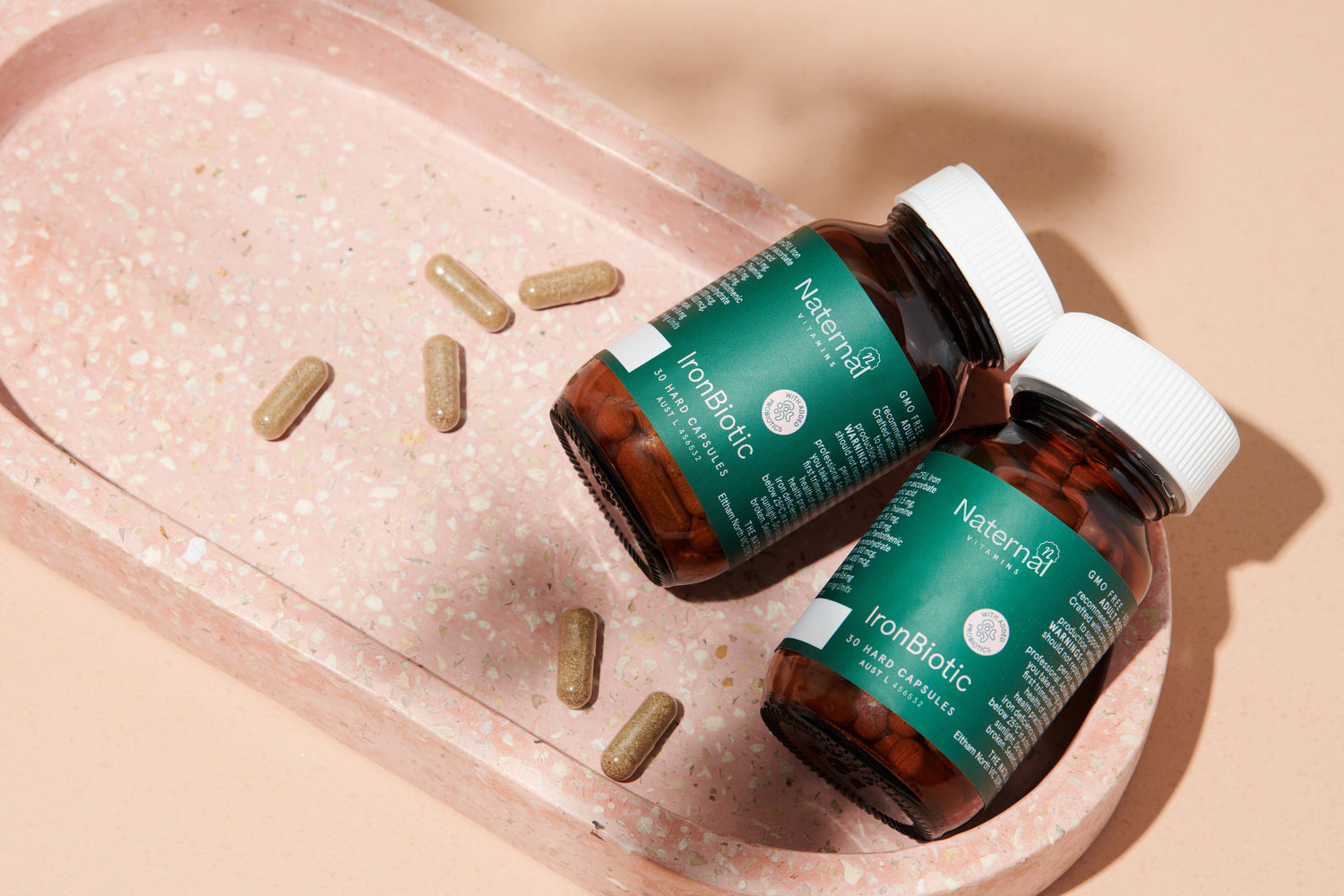Jump to:
Understanding Birth Control and Fertility
Birth control pills, patches, implants, and IUDs work in different ways, but many hormonal options prevent pregnancy by stopping ovulation. Once you stop, your body will usually restart its natural cycle within weeks to months. Most women regain fertility within a year, but the journey can vary depending on the type of contraception, your age, and your overall health.
Some may experience irregular cycles, delayed ovulation, or temporary hormonal imbalances—sometimes described as “post-pill syndrome” (although this isn’t a formal medical diagnosis).
How the Pill Affects Hormones
The pill suppresses your body’s natural hormone production to prevent ovulation. When you stop taking it, your body begins producing its own oestrogen and progesterone again. For many, this transition is smooth. For others, it can take time for hormones to regulate, especially if they had irregular cycles before starting birth control.
Can Birth Control Cause Infertility?
Research shows hormonal birth control does not cause permanent infertility. Any delays in conception are usually due to your body’s adjustment period rather than lasting reproductive harm. Still, if your cycle hasn’t returned after 6 months (or you’re concerned about other symptoms), it’s wise to speak with a healthcare provider.
Natural Ways to Restore Ovulation
Supporting your body with a nutrient-rich diet, balanced lifestyle, and targeted supplements can help encourage hormonal balance and ovulation.
-
Prioritise wholefoods rich in healthy fats, lean proteins, and colourful vegetables
-
Reduce stress through gentle exercise, meditation, or time in nature
-
Ensure you’re meeting key nutrient needs like folate, magnesium, iron, and vitamin D
Adding foundational Prenatal, pregnancy support, full-body nourishment can help cover essential vitamins and minerals during this transition.
Post-Pill Nutrients That May Help
Every woman’s needs are different, but some nutrients are particularly supportive after stopping birth control:
-
Iron, gut health, fatigue, energy support can be beneficial if heavy periods return and cause tiredness
-
Magnesium, stress, mitochondria, muscle recovery helps with relaxation, sleep, and energy production
-
Vitamin D, absorption, immune support, drops plays a role in hormone signalling and mood stability
When to Seek Extra Support
If your cycles are still irregular, you haven’t ovulated, or you’re experiencing symptoms like extreme fatigue, acne, or hair loss 6 months after stopping birth control, it’s worth checking in with your GP or women’s health practitioner.
Gentle Takeaway
Stopping birth control is a personal and often empowering step. Your body may need time to readjust, and that’s completely normal. With nourishing food, targeted supplements, rest, and kindness toward yourself, you can help your body find its natural fertility rhythm again.
Credits
✿ National Institutes of Health. (2024). Fertility after contraception. [NIH]
✿ Mayo Clinic Staff. (2023). Birth control pill FAQ: Benefits, risks and choices. Mayo Clinic.
✿ Australian Government Department of Health. (2023). Contraception — options and effects. [health.gov.au]
✿ Naternal Vitamins. (2025). Product information and nutrient benefits. [naternalvitamins.com.au]






